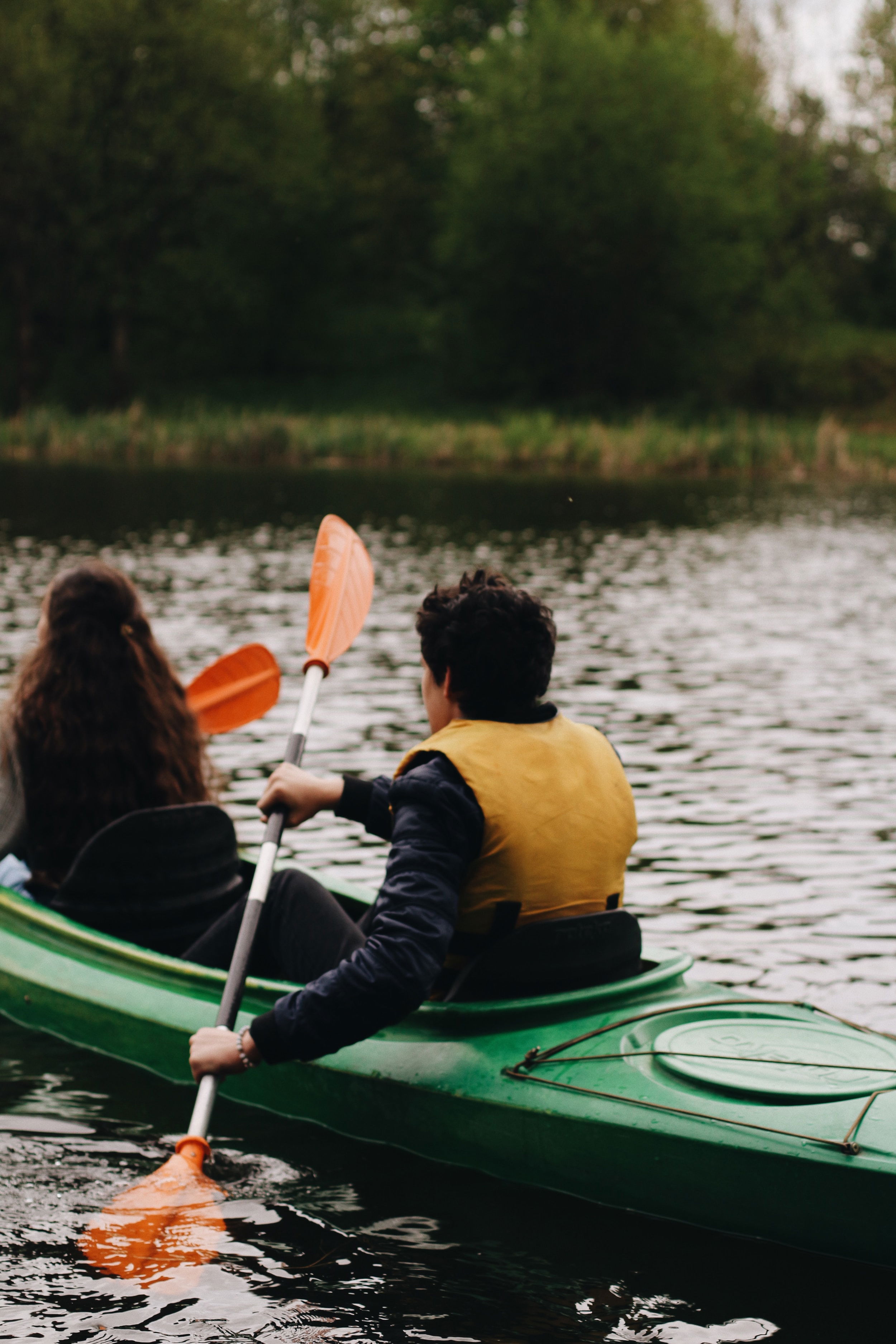Embracing Nature: The Healing Power of Outdoor Activities
In our modern world characterized by technological advancements and urban landscapes, the healing power of nature often takes a backseat to our busy lives. However, reconnecting with the great outdoors and engaging in outdoor activities can have profound effects on our physical, mental, and emotional well-being. From reducing stress to promoting physical fitness and fostering a sense of awe, the healing benefits of nature are undeniable. In this article, we will explore the transformative effects of outdoor activities, delve into the science behind nature's healing influence, and provide practical tips for embracing nature to enhance your overall quality of life.
The Call of the Wild
Throughout human history, nature has served as a source of inspiration, solace, and rejuvenation. Indigenous cultures and ancient wisdom have long recognized the healing power of natural surroundings. In recent years, scientific research has begun to unveil the numerous advantages of spending time in nature and engaging in outdoor activities.

The Healing Effects of Nature
- Stress Reduction: Exposure to natural environments has been linked to reduced stress levels and improved mood.
- Enhanced Mental Health: Nature walks and outdoor activities can alleviate symptoms of anxiety and depression.
- Physical Fitness: Outdoor activities such as hiking, biking, and gardening contribute to improved physical health and cardiovascular fitness.
- Boosted Immune System: Time spent in nature has been associated with a strengthened immune system.
- Awe and Wonder: The beauty of natural landscapes can evoke feelings of awe, which in turn has been linked to improved well-being and life satisfaction.
The Science Behind Nature's Healing Influence
Biophilia Hypothesis: This theory suggests that humans have an innate connection to nature, and exposure to natural environments can positively impact our mental and physical health.
Attention Restoration Theory: Nature provides a restorative environment that allows our attention to recover from mental fatigue, leading to improved concentration and cognitive function.
Cortisol Reduction: Spending time in nature has been shown to reduce cortisol levels, leading to decreased stress and anxiety.
Embracing Outdoor Activities
Nature Walks: Explore nearby parks, trails, or nature reserves for a leisurely walk surrounded by natural beauty.
Hiking: Embark on hiking adventures that challenge you physically while providing a sense of accomplishment and stunning views.
Gardening: Cultivate a garden to connect with the earth, nurture plant life, and enjoy the therapeutic benefits of working outdoors.
Camping: Escape the confines of urban life by camping in natural settings, immersing yourself in the sights and sounds of nature.
Outdoor Yoga or Meditation: Practice mindfulness in nature, combining the benefits of meditation with the healing effects of the outdoors.

Tips for Incorporating Nature into Your Lifestyle
Prioritize Nature Time: Allocate dedicated time for outdoor activities and treat it as an essential part of your routine.
Unplug: Disconnect from digital devices during your nature outings to fully engage with your surroundings.
Mindful Observation: Pay attention to the details of nature, from the rustling leaves to the colors of flowers, to enhance your sensory experience.
Embrace All Seasons: Enjoy nature's beauty year-round by participating in outdoor activities regardless of the weather.
Conclusion
Embracing nature and engaging in outdoor activities is not merely a leisure pursuit; it is a pathway to healing, rejuvenation, and holistic well-being. By carving out time to immerse ourselves in natural environments, we can tap into the profound benefits that nature offers from reduced stress and enhanced mental health to physical fitness and awe-inspiring moments. As we embrace the healing power of the great outdoors, we reconnect with our inherent bond with nature, finding solace, inspiration, and a renewed sense of vitality in its embrace.
Sources:
- Harvard Health Publishing. "Sour mood getting you down? Get back to nature." https://www.health.harvard.edu/mind-and-mood/sour-mood-getting-you-down-get-back-to-nature
- American Psychological Association (APA). "The Restorative Effects of Nature." https://www.apa.org/monitor/2019/07-08/natural-appeal
- Frontiers in Psychology. "The Physiological Effects of Shinrin-Yoku (Taking in the Forest Atmosphere or Forest Bathing): Evidence from Field Experiments in 24 Forests Across Japan." https://www.frontiersin.org/articles/10.3389/fpsyg.2018.01787/full
- University of Minnesota. "How Does Nature Impact Our Wellbeing?" https://www.takingcharge.csh.umn.edu/how-does-nature-impact-our-wellbeing
- National Institute for Health and Care Excellence (NICE). "Spending time in natural environments can benefit people’s mental health." https://www.nice.org.uk/news/article/spending-time-in-natural-environments-can-benefit-people-s-mental-health